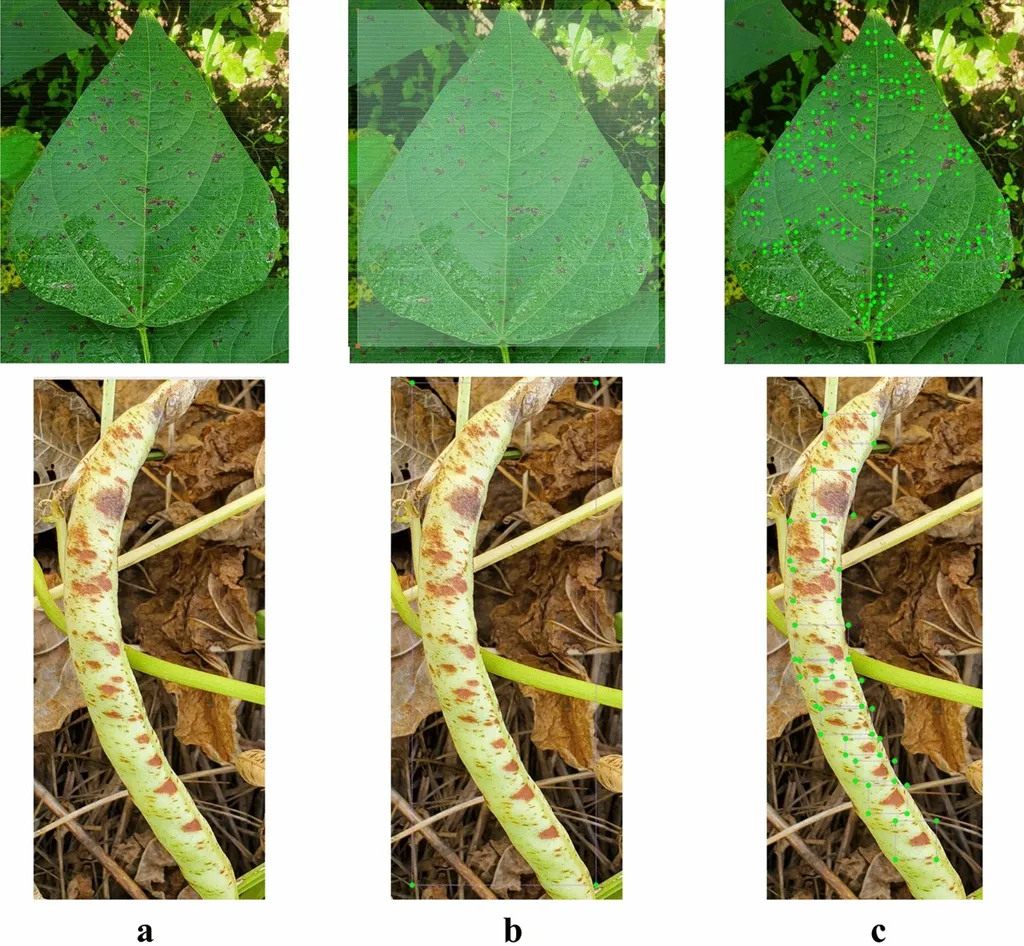In the heart of Brazil’s agricultural landscape, a groundbreaking study led by Julia Couto from the University of São Paulo (USP) is revolutionizing how farmers monitor the nutritional health of bean plants. The research, published in *Engenharia Agrícola* (Agricultural Engineering), leverages the power of deep learning to offer a precision agriculture tool that could redefine crop management practices.
Beans, a staple in Brazilian diets and a vital source of plant protein, require careful nutritional management to thrive. Traditional methods of assessing nitrogen levels in plants often involve time-consuming and destructive leaf analysis. Couto’s study introduces a non-invasive, efficient alternative using convolutional neural networks (CNNs) to classify the nutritional status of bean plants based on simple RGB images.
The experiment, conducted at USP’s campus in Pirassununga, involved 30 bean plant pots subjected to five different nitrogen fertilization treatments. Weekly images of the leaves were captured starting from 30 days after emergence (DAE). These images were then processed and used to train and test various CNN configurations. The results were promising, with larger image sets and smaller pixel blocks (10×10 pixels) significantly improving accuracy, particularly at 37 DAE.
“We found that the CNN model could effectively classify the nutritional status of the bean plants, providing a reliable and efficient alternative to traditional methods,” Couto explained. This innovation could transform precision agriculture by enabling real-time, non-destructive monitoring of crop health, allowing farmers to make data-driven decisions promptly.
The implications for the agricultural sector are substantial. By integrating such AI-driven tools into farming practices, farmers can optimize nitrogen use, reduce costs, and enhance crop yields. This technology could also mitigate environmental impacts by preventing over-fertilization, which can lead to soil degradation and water pollution.
As the world grapples with the challenges of feeding a growing population sustainably, advancements like Couto’s CNN model offer a beacon of hope. The study not only highlights the potential of deep learning in agriculture but also underscores the importance of interdisciplinary research in addressing global food security issues.
Couto’s research, published in *Engenharia Agrícola* (Agricultural Engineering), marks a significant step forward in the field of precision agriculture. As the technology continues to evolve, it is poised to shape the future of farming, making it more efficient, sustainable, and responsive to the needs of both farmers and consumers.

